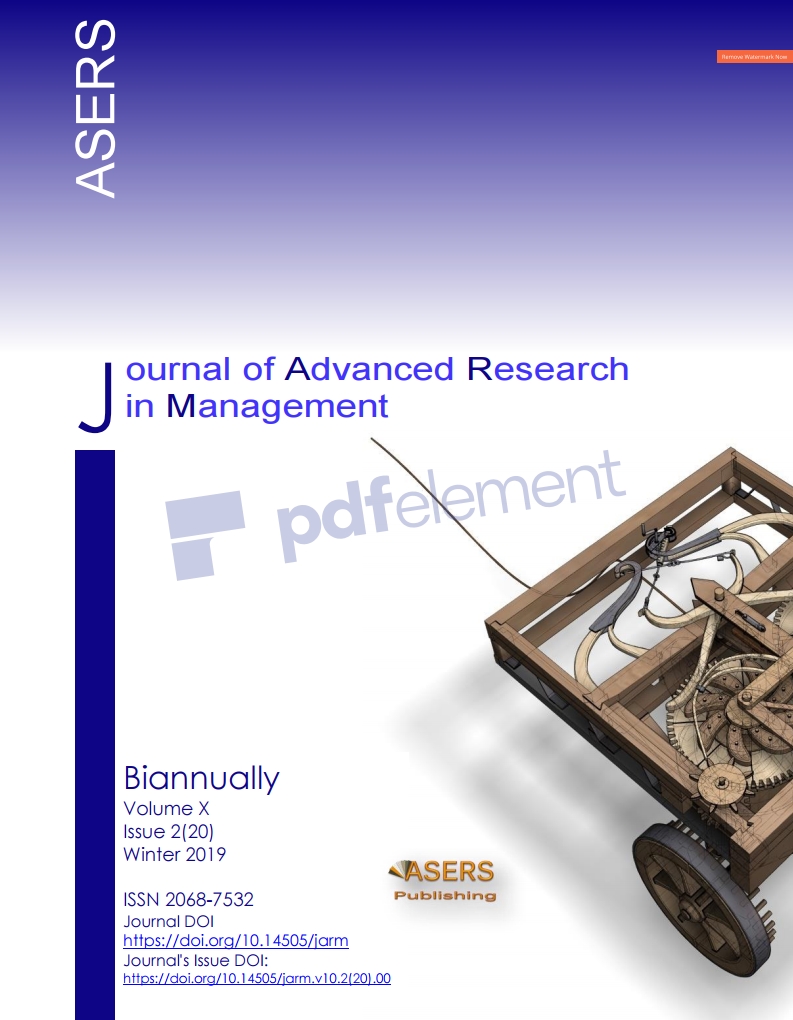PEACE ACCOUNTING AND ITS IMPLICATION ON ECONOMIC GROWTH: AN AUTOREGRESSIVE CONDITIONAL HETEROSKEDASTICITY APPROACH
PEACE ACCOUNTING AND ITS IMPLICATION ON ECONOMIC GROWTH: AN AUTOREGRESSIVE CONDITIONAL HETEROSKEDASTICITY APPROACH
Author(s): Edesiri Godsday Okoro, Agbarha Kelvin EgberiSubject(s): National Economy, Business Economy / Management, Security and defense, Military policy
Published by: ASERS Publishing
Keywords: peace accounting; economic growth; domestic violence; expenditure on defense; global peace index;
Summary/Abstract: This paper examined peace accounting and its implication on economic growth in Nigeria by means of secondary data of expenditure on defense, global peace index and gross domestic growth obtained for a period of 1996-2017. An Autoregressive Conditional Heteroskedasticity (ARCH) statistical technique was employed and ARCH regression estimator shows ARCH(1) parameter of.290 and LM test with p-value of 0.0009, which is below 0.05, suggests a rejection of the null hypothesis of no ARCH(1) effects of peace accounting on the level of economic growth in Nigeria (Walch chi2(2) = 14.13). This implies that the resources channeled to peacekeeping no doubt have affected the level of economic growth in Nigeria. In view of the finding, it was recommended that the government should commit more resources and measures aimed at ensuring peaceful coexistence in the country in order to foster economic growth. As a matter of urgency, peace accounting models that can alleviate economic growth should be developed by accounting researchers. Besides, accounting regulatory framework should consider developing standards on peace accounting at both national and global levels.
Journal: Journal of Advanced Research in Management (JARM)
- Issue Year: X/2019
- Issue No: 20
- Page Range: 70-74
- Page Count: 5
- Language: English
- Content File-PDF

